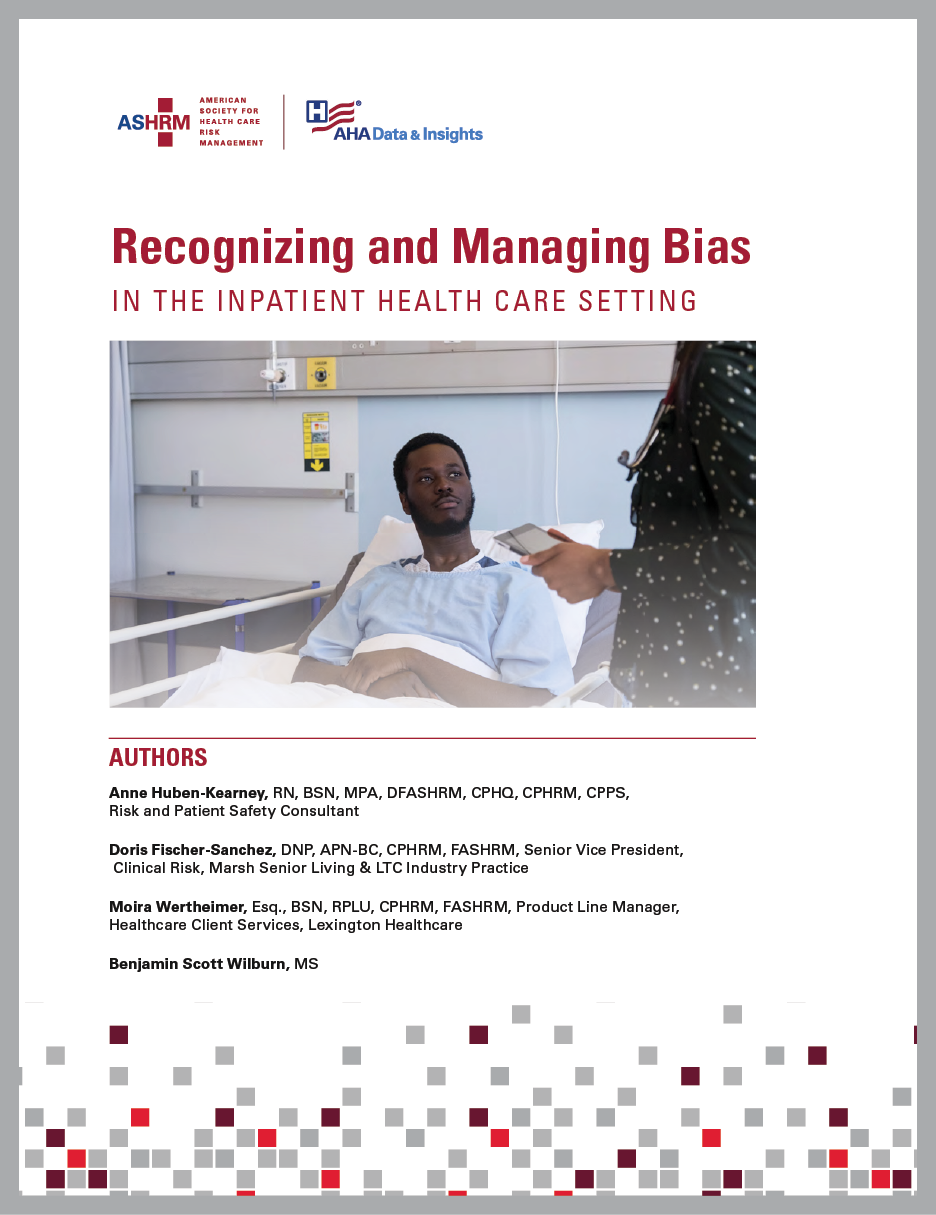
White Paper: Recognizing and Managing Bias in the Inpatient Health Care Setting
In this second installment of our Recognizing and Managing Bias white paper series, Recognizing and Managing Bias in the Inpatient Health Care Setting, we continue to explore the impact of implicit biases on decision-making and behavior. In the other two papers, Recognizing and Managing Bias in the Ambulatory Health Care Setting and Recognizing and Managing Bias in Digital Health, we examined how unconscious beliefs shape interactions and outcomes in various health care environments.
This white paper delves into how unconscious beliefs shape our behavior and decision-making, often without our awareness. An individual’s beliefs influence their behavior and decision-making. Often, these beliefs are unconscious or implicit, existing outside of our conscious awareness. What many fail to realize is that our unconscious or implicit biases are difficult to control and are automatically activated, leading to bias formation that impacts our behavior and decision-making without us even being aware of their influence. More specifically, implicit bias can be defined as having “varying degrees of stereotyping, prejudice and/or discrimination below conscious awareness in a manner that benefits oneself or one’s group; it involves limited or distorted perceptions of others. It is everywhere and affects everyone.” Studies continue to demonstrate that implicit bias is a factor contributing to health inequities and poorer-quality health care and outcomes.

Download Instructions
Login with your ASHRM Member account
Nonmembers: Please enter your information below to receive a download link.
